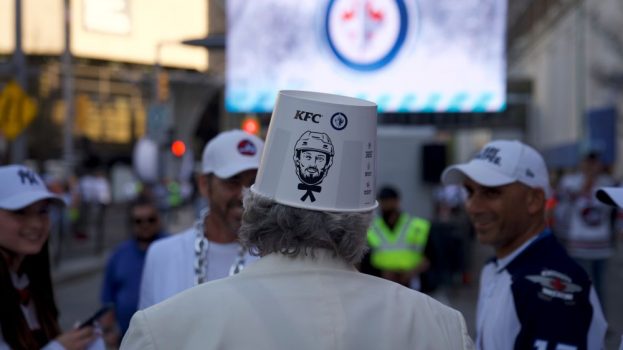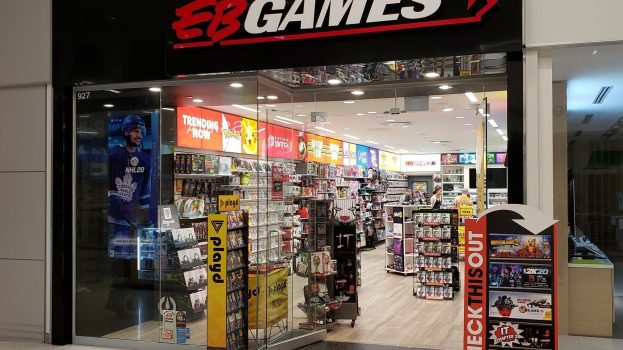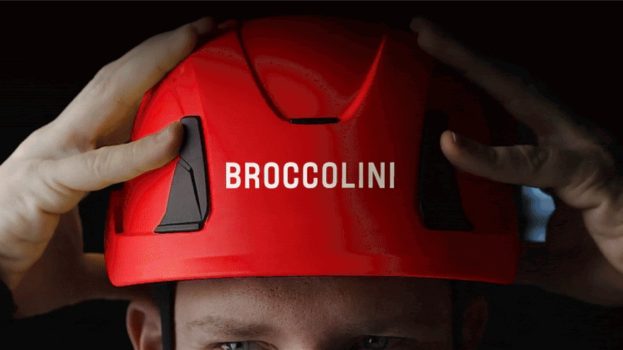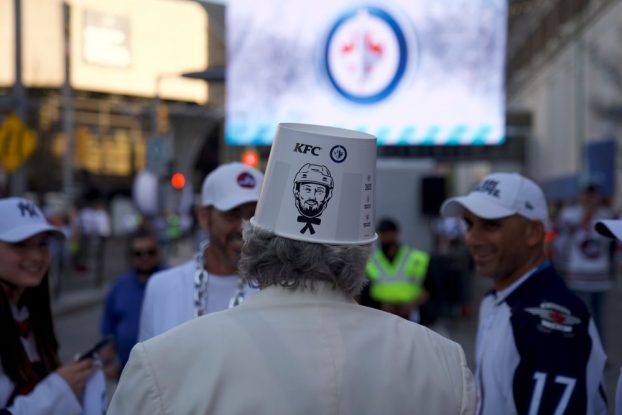This is the first in a series exploring marketing in the evolving Czech Republic from a Canadian perspective.
It was the EBITDA that did it.
The pitch was for me to work for a mobile phone operator in central Europe that had defied all odds to succeed. The company, branded ‘Oskar’ had a swashbuckler of a business story. But while the yarn was utterly compelling, it was difficult to tell how much was spin, until I heard the numbers.
In the 2002 fiscal year, subscriber growth, revenue growth, Average Revenue Per User growth and gross adds were all well above the industry standards for the region. But the clincher was that it had achieved positive EBITDA within less than two years of launch. (It turned in an even more impressive performance for 2003, contributing significantly to its owner’s return on investment of 346% over the year).
What made the numbers particularly compelling for me was that they represented the performance of a company that was, and is, driven by a brand-obsessed C-suite. I mean this in the most positive way. It is a company that recognizes the power of brand and competes fiercely on it, both internally and externally.
It doesn’t hurt that the company is in Prague. There are few more enchanting cities in the western world. But while its beauty is intriguing, so is its state of transition from a formerly socialist to a fully-fledged free-market economy. Although that transition is almost 15 years old, it is still in some respects just beginning. Imagine, for instance, how long it will take to build a banking industry, an insurance industry, or a legal infrastructure with only 15 years of precedents. Or to bring professional marketing and branding practices, or organizational development skills, up to international standards from a standing start.
As part of an advanced but still historical transition, marketers are principal contributors to the growth of the economy. We are in a very real sense downloading capitalism into the vacuum left by a wholesale ideological collapse.
The effects vary with the new ideology depending mostly on the age of its beneficiaries. As might be imagined, many older blue-collar workers yearn for the security and predictability of the old days (‘We didn’t have much, but at least we knew what to expect’), while anyone university age and under has no memory of the old days at all. They are the first generation to be exposed to western-style branding.
The first several years of the transition were marked by increasing poverty levels, income inequality and, in many households, a concomitant drop in living standards. So here the ‘lost’ generation is the middle-aged, who would have spent the first 30 to 40 years of their lives under the old regime and now have to adjust to the demands of the new. While many have adapted successfully, many others have difficulty keeping up with the pace.
With the 18-to-35 group coming into its own, it would seem that the only way for marketers here is up. This group is more educated, skilled and fully acculturated to brands. They have not had to shift as painfully from a collective to an individualistic mind-set like their parents have, so the psychology of this group is fundamentally different.
They grasp the idea that in a free-market economy you are responsible for your own success. This means marketers can approach these targets by appealing to their individuality and sense of personal potential. Oskar, for instance, has begun to do this in its most recent campaign, which uses the tagline ‘stací ríct’ (speak your mind). This is something we take for granted in North America, but it is a relatively recent idea here. That’s how basic the transition has been.
Underpinning these psychographic conditions is the fact that this country has the strongest macroeconomic indicators in the region. It has the second highest per capita income in Central Europe, low inflation and a stable GDP growth rate. Its location puts it within reach of 100 million customers. Privatization, industrial restructuring and domestic demand continue to attract foreign capital. The Czech Republic is well poised to join the European Union in the second quarter of this year.
While western consumer goods giants like Nestlé, Coca-Cola, Nike and IKEA will continue to take advantage of these conditions, there is also strong potential for Czech brands.
Information and communications technology, construction, security, sporting goods, biotechnology, plastics, agri-food products and transportation are all promising sectors for growth.
And in a country with the world’s highest per capita consumption of beer (the best-tasting lager on the planet), the beverage industry is another one to watch.
On the ground, the only barrier to making brands in this country is a still-maturing generation of homegrown advertising, marketing and branding professionals. The process of injecting the sophisticated traditions of western-style marketing into the creative veins of local talent is far from complete.
The pace of that development should quicken with the competitive pressures of accession to the EU. And if the EU can withstand the short-term effects of a weakened American dollar, it should continue to provide healthy pressure for this country’s emerging branding and marketing community.
Will Novosedlik is a brand strategist at Oskar, the Czech Republic’s third mobile operator. He can be reached at will.novosedlik@oskar.cz.























